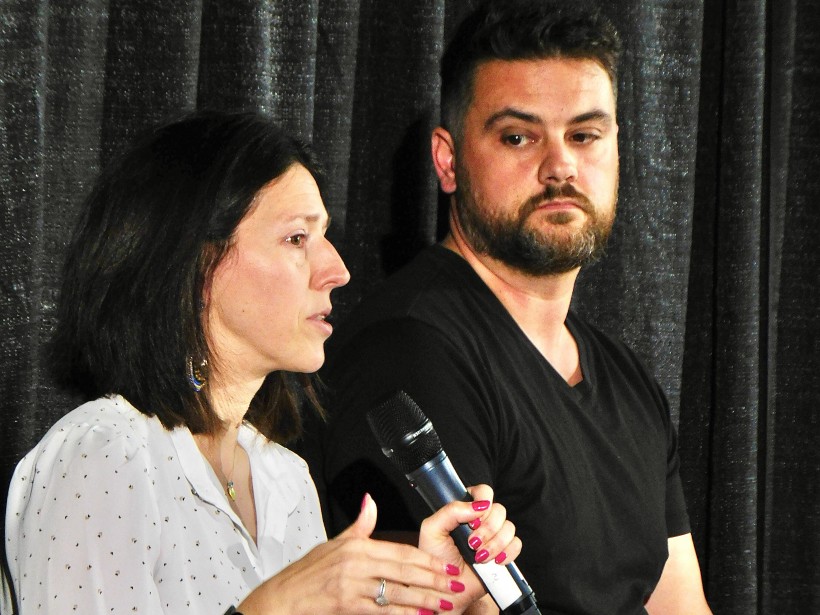When veteran startup executive Kathy Doucette joined Proposify in 2021, what she saw in the company’s finances made her feel like “the canary in the coal mine.”
Doucette is a veteran startup executive who has held financial leadership roles across businesses as diverse as law firm Cox and Palmer and data analytics specialist Talem AI. When she became chief operating officer and chief financial officer for Proposify, she arrived just months after the company had finished raising $13 million. But overspending already threatened to destabilize the business.
“We had the capital, as many companies did in 2020, 2021, and like most companies, we were spending like drunken sailors,” said Proposify CEO Kyle Racki at Entrevestor Live on Tuesday. “We were just throwing people at every problem. ‘Money’s there, don’t even think about it, just hire.’
“Kathy said, ‘Look, the numbers are [saying that] we’re heading off a cliff.’”
Proposify’s software simplifies the process of writing proposals in the cloud with online design templates that can be customized with text, images, videos and charts, as well as including document sharing and e-signing features. Racki co-founded the company with Kevin Springer, now the president, early last decade. By 2020, the business employed about 85 people.
Importantly for Proposify, as businesses grow, their expansion means cost-cutting efforts require planning further in advance. For example, layoffs can take months to have an effect due to the cost of issuing severance. By the time Doucette came aboard, the time to act was already growing short.
“If you’re thinking about (right-sizing efforts), chances are, it’s already overdue,” Doucette said. “I’ve been in the startup world from a finance perspective for a long time, and this is something of a pattern that I’ve seen happen time and time again.
“For those first few months, I had a really difficult time with, ‘Oh boy, I have to be the one to be the bearer of bad news.’ Because it was always a company that had been very successful and celebratory.”
Proposify was posting strong growth metrics even at the height of its cash burn. The company’s recurring revenue increased 39 percent in 2018 and 36 percent in 2019. By Jan. 2022, it had more than 10,000 clients. At its largest, the staff numbered about 85, and in 2020, Poposify even made Deloitte's Fast 50 list of Canada's fastest-growing tech companies -- a feat that involved substantial scrutiny of the company's financials.
Doucette emphasized the need for startup founders to employ a finance executive, either in house or under a fractional model, and to know exactly how much runway they have. The latter imperative is where Racki and his team initially struggled, with their spending outstripping even their impressive capital raises.
Proposify laid off 25 people early last year, and at Doucette’s urging, became much more circumspect about new hires, on-boarding new staff only where truly necessary, and not hastening to replace employees as they left. Just under two years later, the company is not yet profitable, but Racki said its financial situation has stabilized dramatically. He and Doucette have no immediate plans for another funding round.
“It feels good to be in a company where we’re not reliant on needing to raise in order to survive,” said Racki. “Not every startup is in that position right now.”










